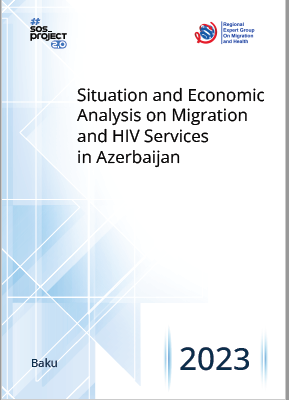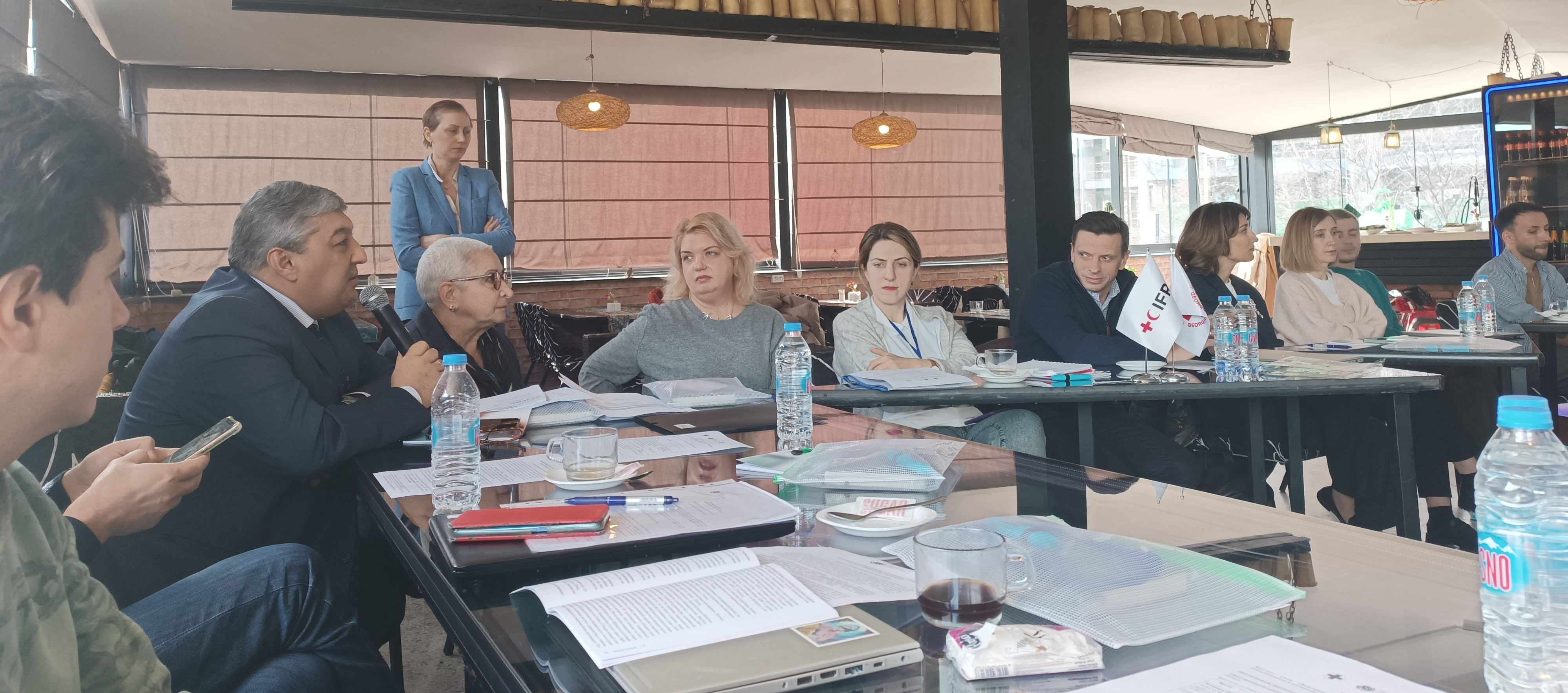Videos are available in uzbek, russian and english languages and provide information for people who plan migration on how to preserve their health, as well as hotline and contact for further information. Information material was developed within the framework of the project “Improving access to HIV prevention and treatment services for migrants and their families
IOM Uzbekistan has developed information videos for citizens planning to migrate




